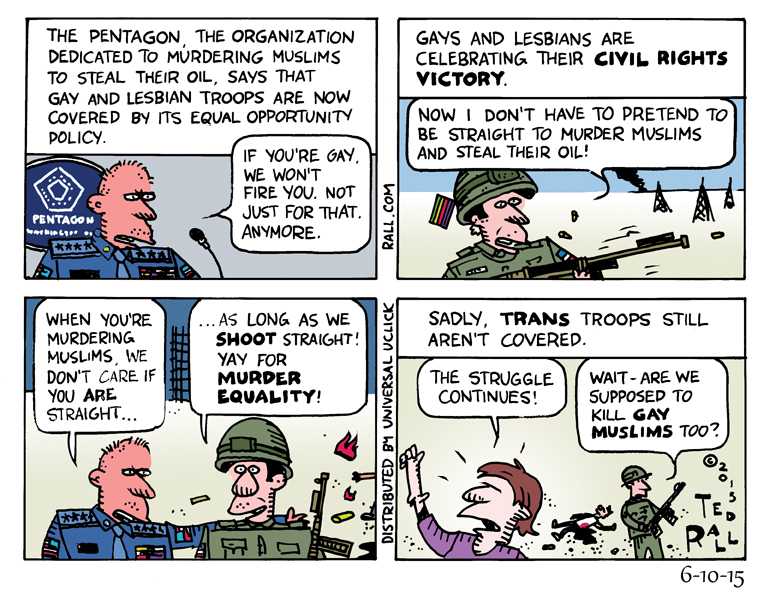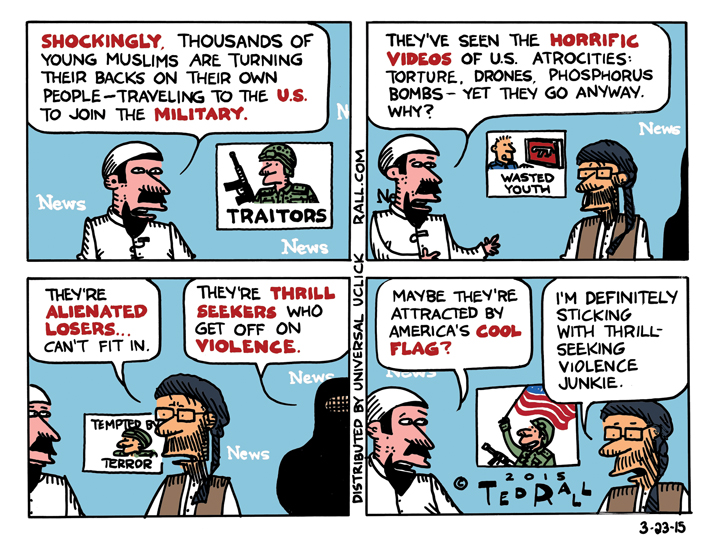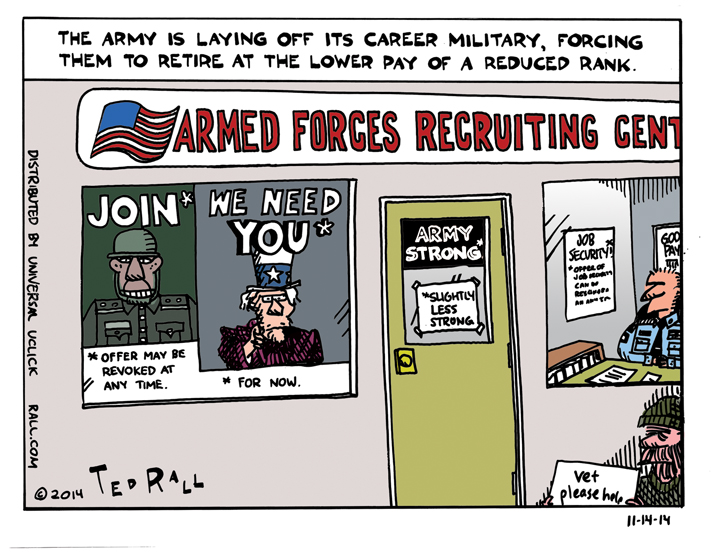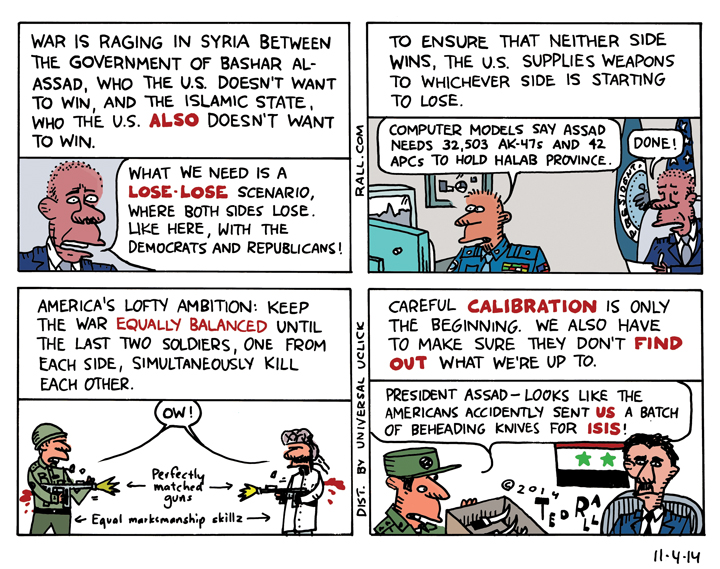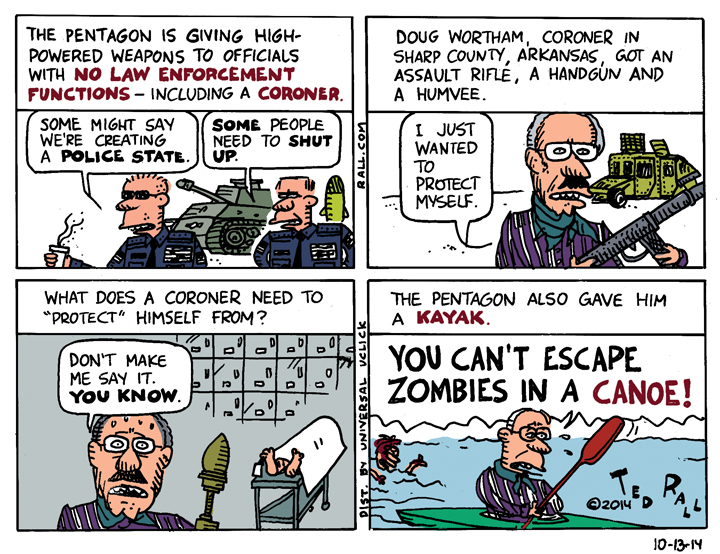Originally published by ANewDomain.net:
Marking the total integration of lesbian and gay soldiers into the U.S. military, the Pentagon has announced that gay and lesbian troops will be covered by the equal opportunity policy that prohibits firing Americans due to their sexual orientation.


